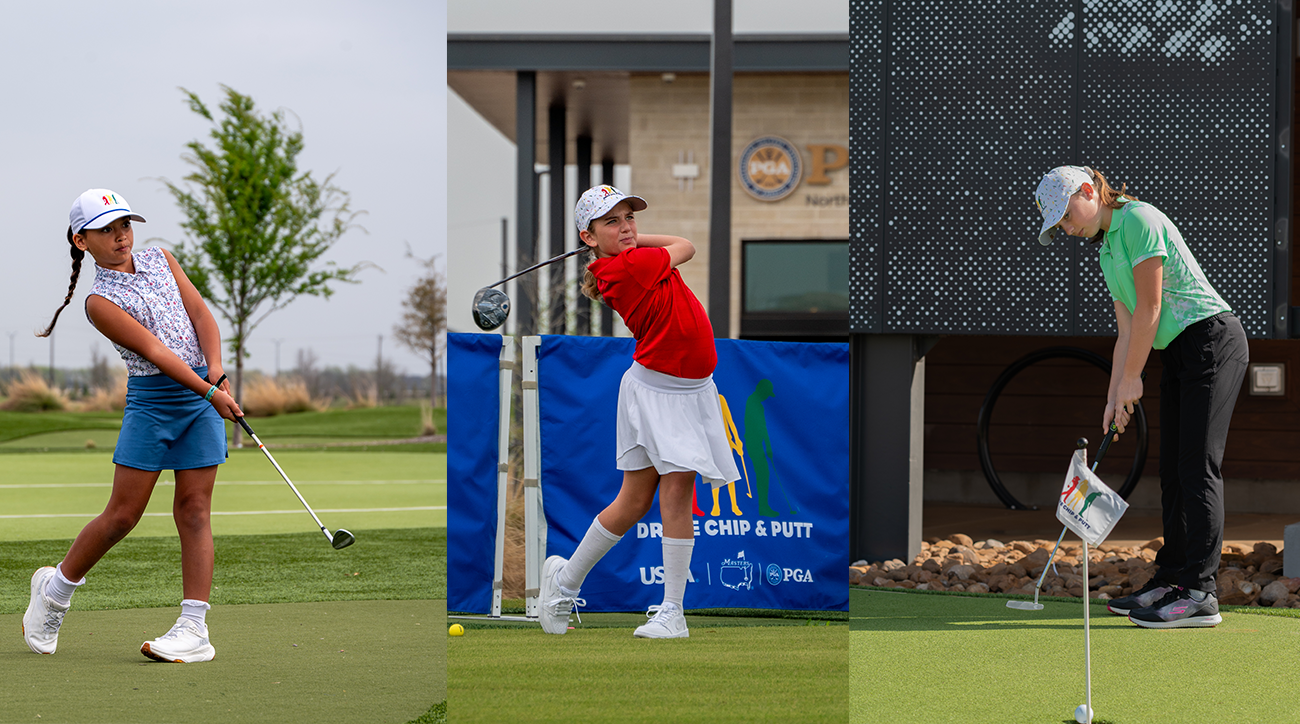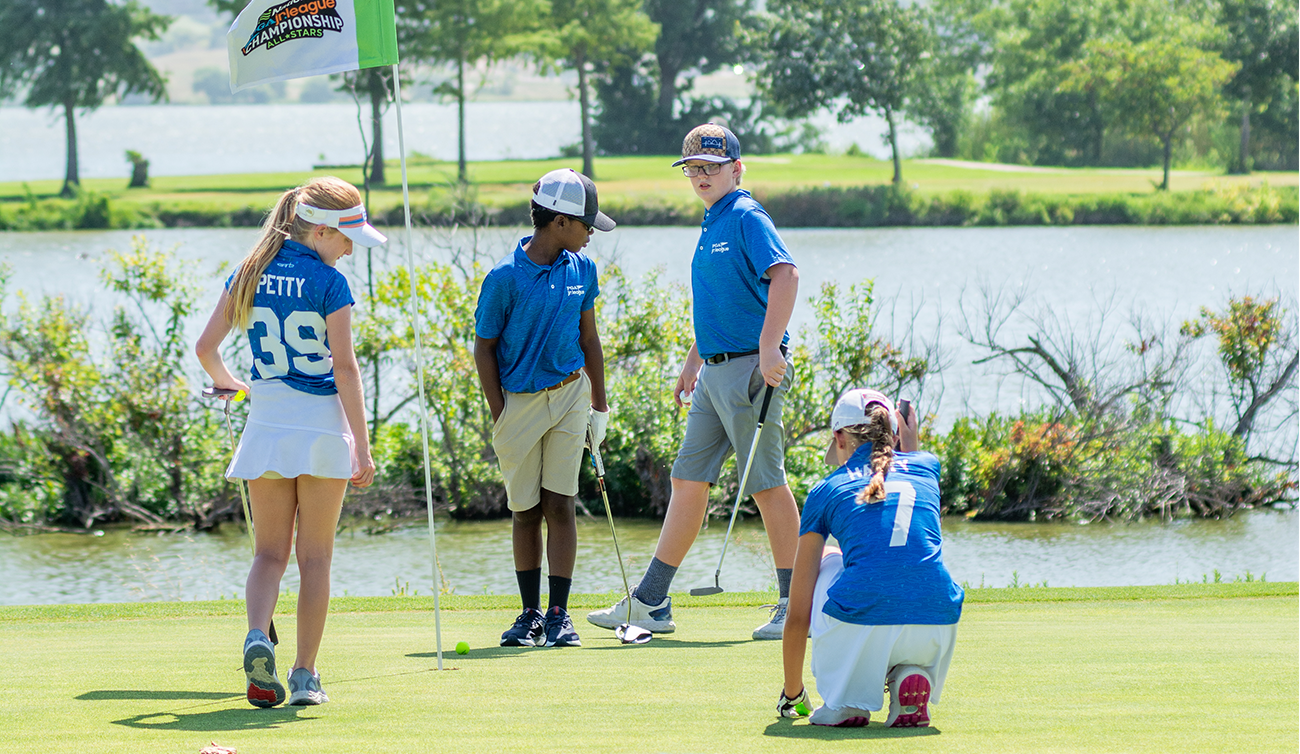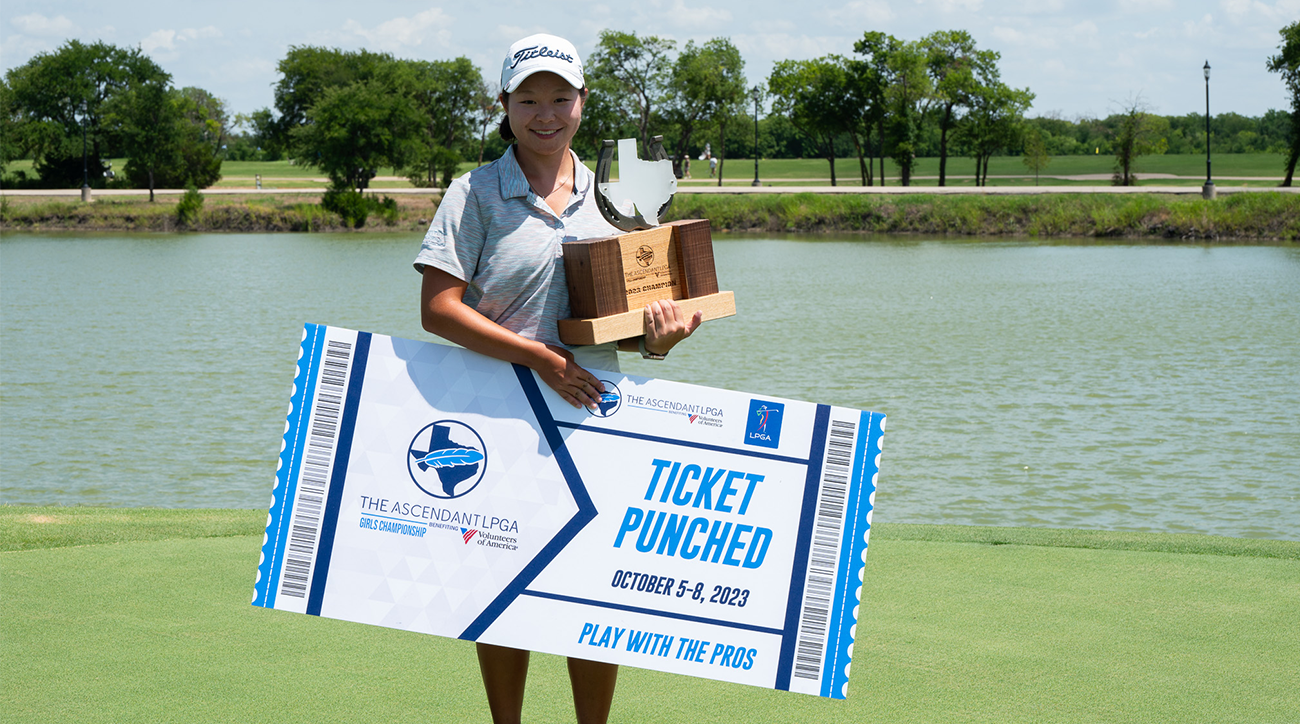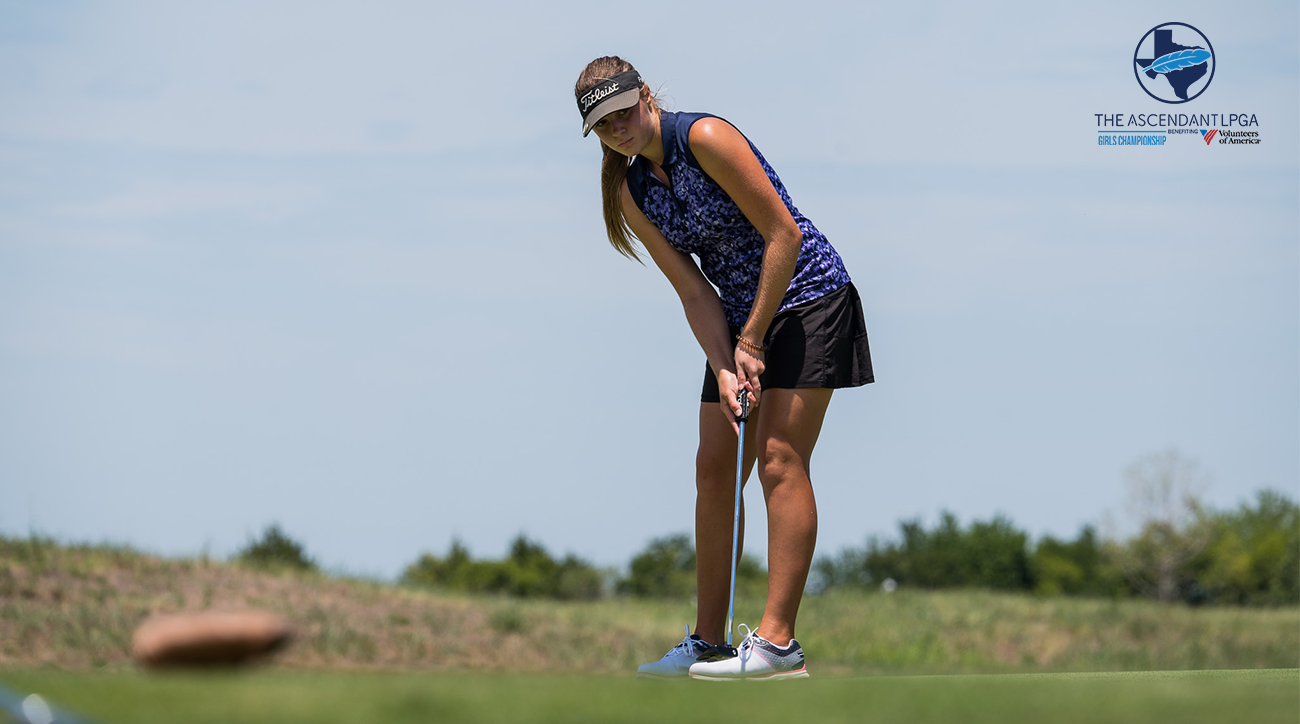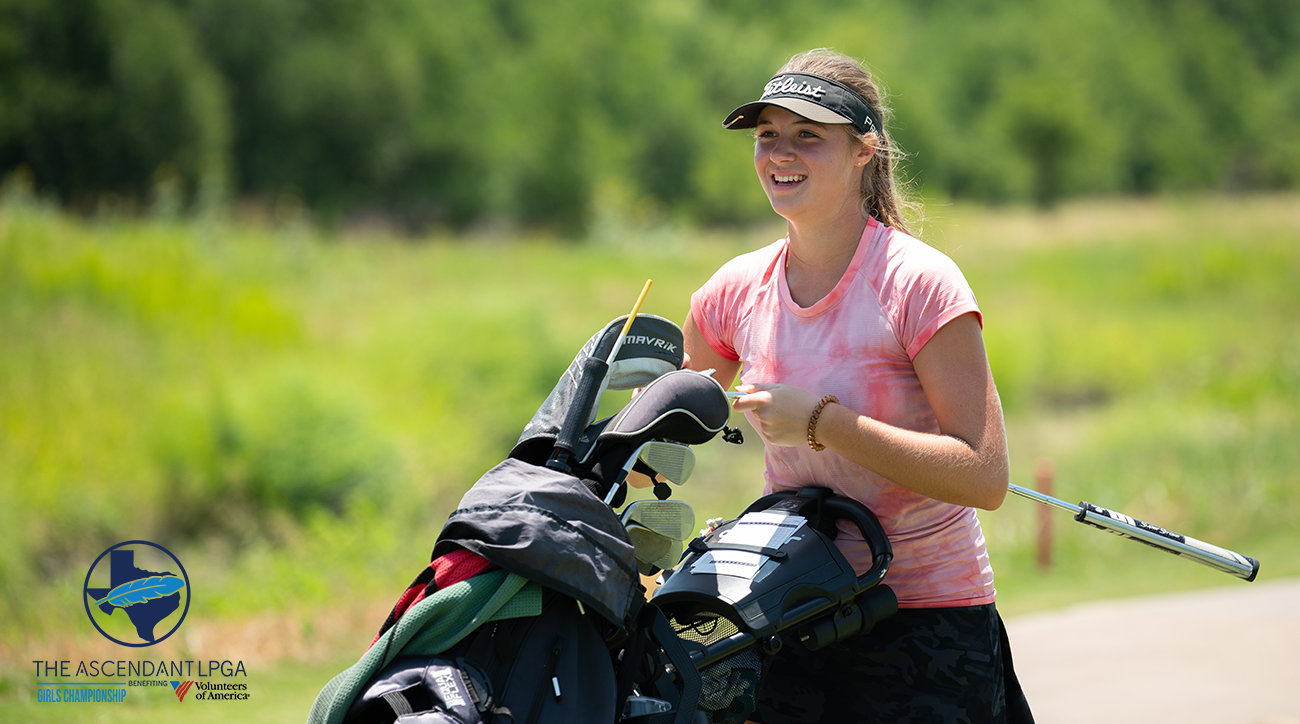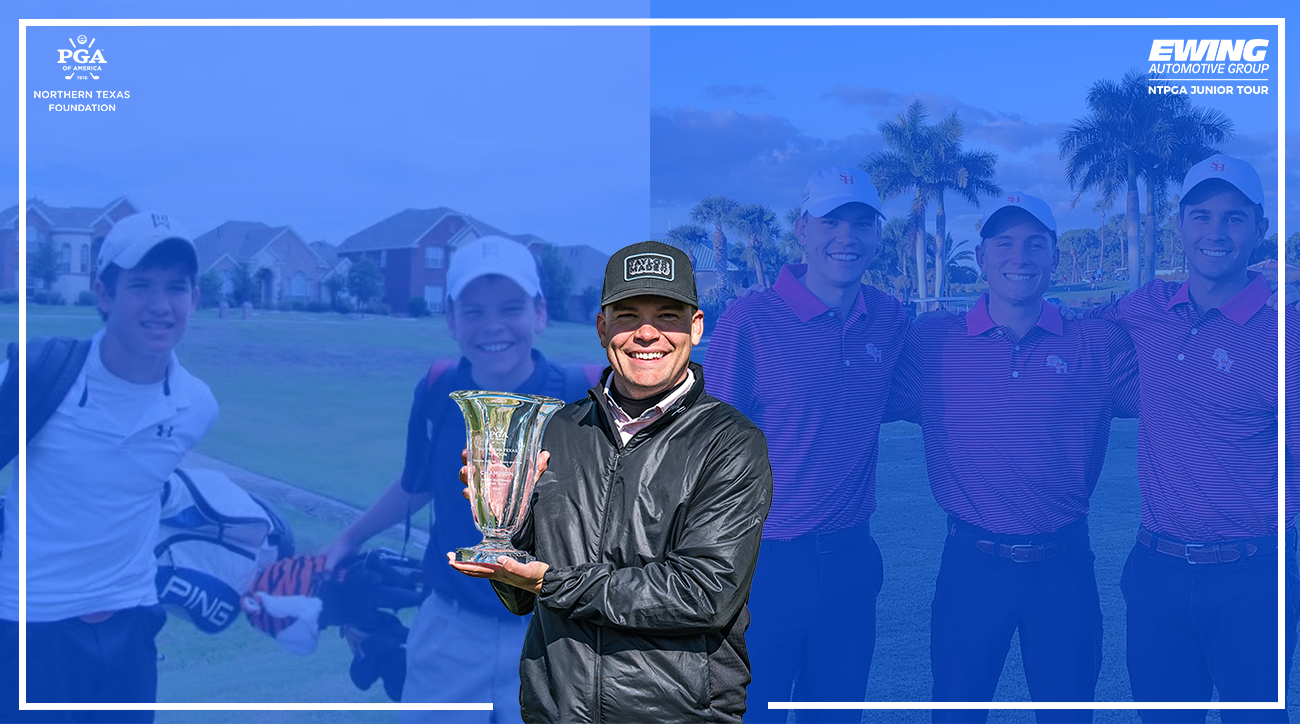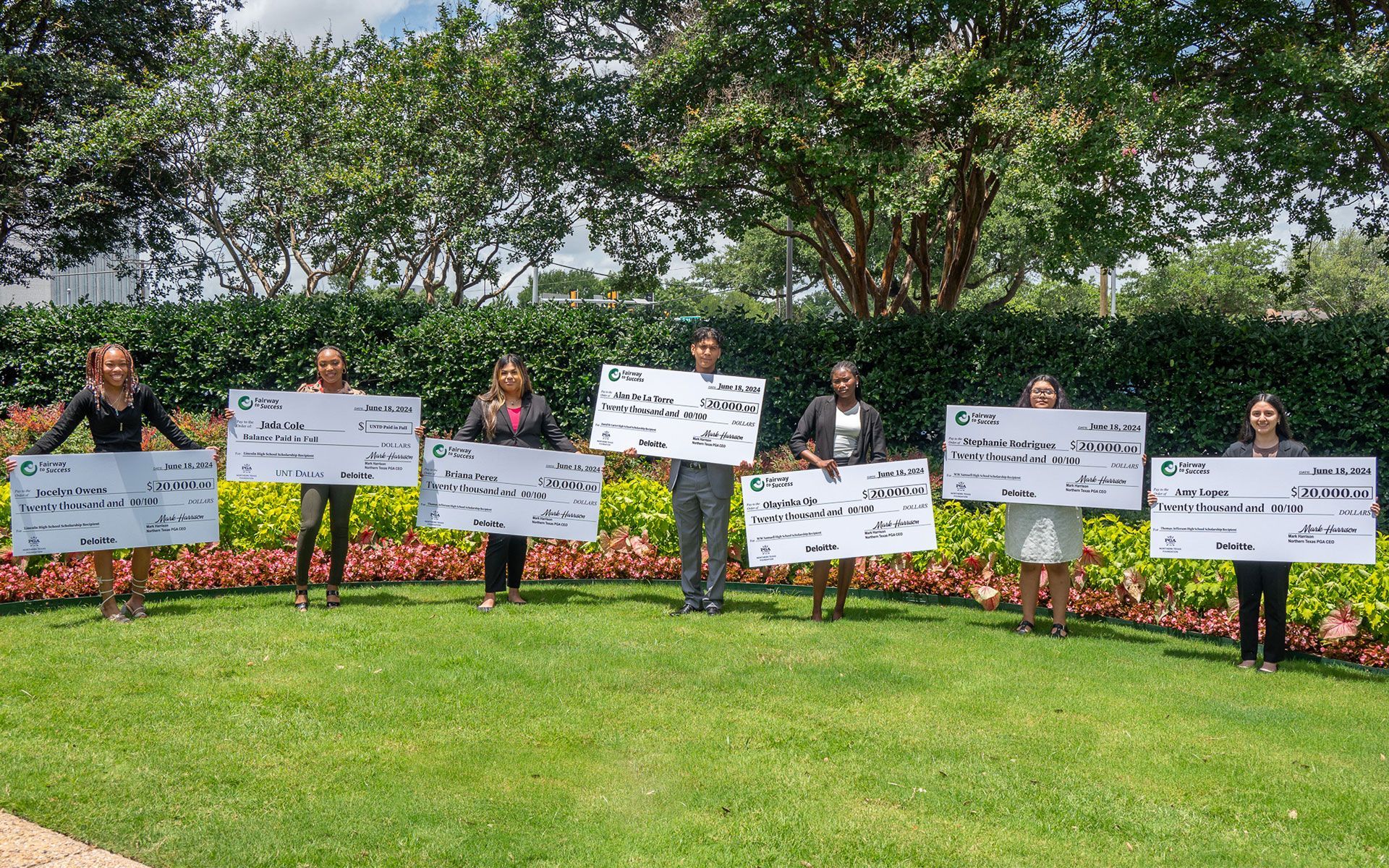COLLEGE GOLFER SPOTLIGHT - MEGAN THOTHONG
COLLEGE GOLFER SPOTLIGHT - MEGAN THOTHONG

As many of you know, our motto here at the NTPGA Junior Tour is #WHOSNEXT ®. The NTPGA Junior Tour is well represented by its alumni on the PGA, Web.com and LPGA Tours. Currently, there are 22 former Junior Tour members competing professionally including Jordan Spieth, Cody Gribble, Ryan Palmer, Angela Stanford, Brittany Lang and many more.
But, our #WHOSNEXT® motto doesn’t just apply to future professional golfers. It applies to our former members currently showcasing their talents at the collegiate level all across the country.
In this bi-monthly blog series, we will be featuring former Junior Tour members who are currently playing golf. Every other week we’ll check out what they had to say about their time playing on the NTPGA Junior Tour, and gain some insight into what it’s like to play college golf.
We know it is the goal of many of our current members to move on to play golf in college. Are you the next college golfer? #WHOSNEXT®
MEGAN THOTHONG - NTPGA JUNIOR TOUR MEMBER 2005 - 2010
Senior at the University of Houston
Business Marketing Major
Graduating in May 2018
Q: What are your post-graduation plans?
A: Play professional golf! (FUN FACT! Megan was the Low Am at the 2016 Energy Producers, Inc. Texas Women's Open, which is conducted by the NTPGA!)
Q: How old were you when you became an NTPGA Junior Tour Member?
A: 9 years old
Q: How did being a part of the NTPGA Junior Tour help or impact your golf game?
A: The NTPGA Junior Tour gave me numerous opportunities to compete at a young age, against the best juniors in the area. I learned about golf while also creating great relationships with fellow competitors and the NTPGA staff.
Q: What was the biggest thing you learned while you were a part of the NTPGA Junior Tour?
A: I learned that you should always push yourself, even if you are at the top of your league. When I playedin the junior tour, there were very few players in my age group and I consistently won, so I petitioned to move up and play in a higher age bracket. The NTPGA allowed me to move up so I was able to play with older and even better players. Without the NTPGA allowing me to push myself to compete in a more challenging age group, I would not have learned how to fight through adversity and struggles on the course like I did in my experience there.
Q: What is one piece of advice you would give to current NTPGA Junior Tour members?
A: Embrace your competitiveness and always have fun on the course. By playing in many tournaments per year on the junior tour, I was able to fuel my competitive spirit while also having fun on the course with fellow golfers. Never let how competitive the game is blind you from making long-time friends and enjoying yourself on the course.
Q: How did the NTPGA Junior Tour help prepare you for playing golf in college?
A: Getting used to playing multiple weeks throughout the year was great preparation. In collegiate golf, we play multiple weeks per semester, sometimes even back to back tournaments. Because of this, it's great that I got used to a busy schedule even in junior golf.
Q: Please describe what your personal golf recruiting process looked like.
A: I began the process by contacting multiple coaches in Texas and consistently updating them on how I was playing and how well I was finishing in tournaments. Once the time came and the NCAA allowed the coaches to contact me, I had offers for visits to different colleges. The University of Houston was my second college visit in my junior year, but after being on the campus and learning about the university, I realized it checked all of my boxes for what I wanted in a college experience. A few months after my visit, I verbally committed to playing golf at UH and then signed my letter of intent the following year in my fall semester of senior year.
Q: How does playing in college differ from the NTPGA Junior Tour?
A: The level of competition is very different. For instance, there are multiple levels of tours in the NTPGA, so imagine they took the best player from the highest level tour. Take that player, multiply them by 80 or 100, and there is your field of players. Every player has played at extremely high levels of golf, making each shot important because one shot can be the difference between getting first versus getting fourth or fifth. Also, college golf is a team sport, so instead of only your friends and family supporting you, you also have teammates that are cheering for you and have your back. Not only are you playing for yourself, but you are also playing for your team, which is very rewarding.
